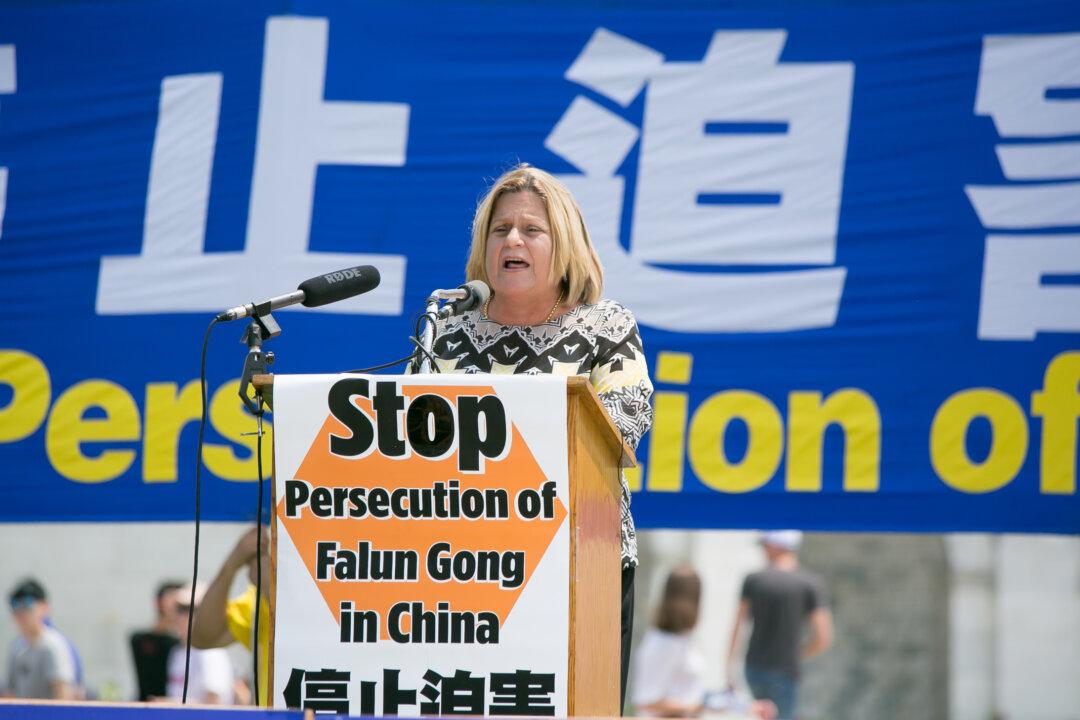WASHINGTON—The stories of religious persecution provided the most powerful testimony at the Ministerial to Advance Religious Freedom, a three-day event hosted by the State Department.
Tahir Hamut is a film director and poet who grew up in Kashgar in the southeast part of the Uyghur Autonomous Region, which is a province in China.




